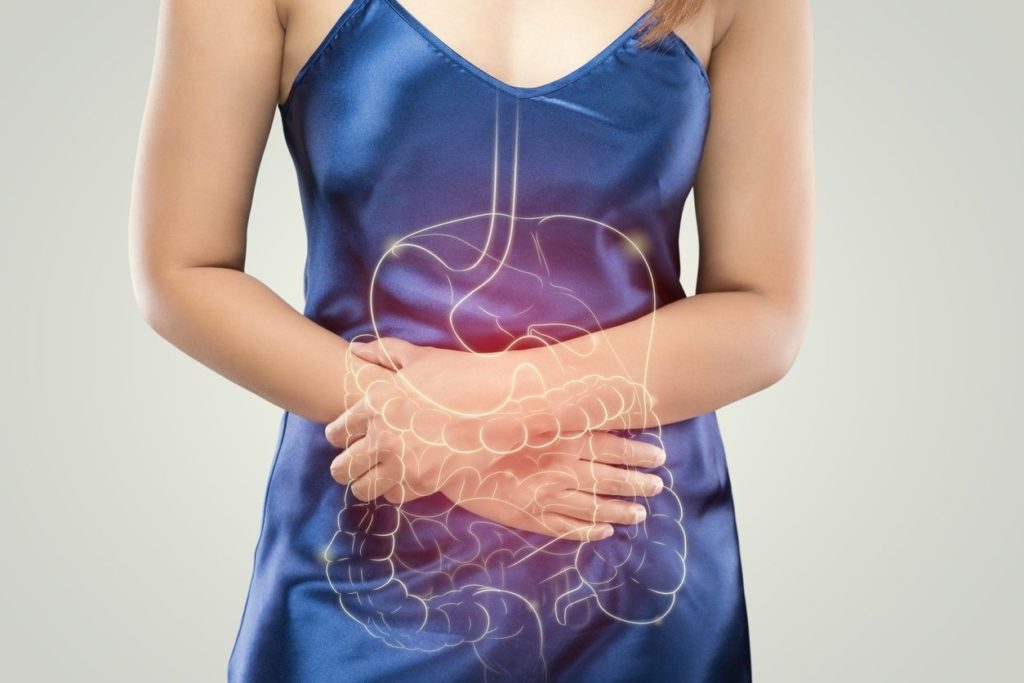Digestion problems: what solution to digest better?
Caution : You must consult your doctor for your health. This page presents only a personal and alternative point of view which should not be considered as an attempt to prescribe medicine.
After a heavy meal, digestion can sometimes be difficult.
But if the problems persist even during or after light meals, it's important to take action.
What to do to solve digestion problems? The solution.
Digestion problems: functional dyspepsia and intestinal disorders
Difficult digestion can be felt during or after even a light meal.

It manifests itself in several ways. When the stomach plays its role poorly, we speak of functional dyspepsia.
A feeling of heaviness is felt in the stomach, with heartburn, belching, gastric reflux, nausea or even vomiting.
But the digestive problem can also come from the intestines, causing intestinal gas.
How to improve digestion?
It is possible to aid digestion by correcting bad eating habits.
Limit foods that are too rich and too fatty, ingest a sufficient quantity of food, favor foods that promote intestinal transit, chew well during ingestion, take the time to savor, limit carbonated drinks, coffee and alcohol or even avoiding drinking through a straw are all solutions that are easy to implement and which allow better digestion.
But other factors like stress and anxiety are also involved in digestive disorders.
All of these nuisances can be suffered due to improper functioning of the stomach and intestines.
Breathing plays a key role in solving these digestion problems.
Digest better by breathing better
Breathing is a natural, innate and instinctive process that allows the body to get oxygen.
The flows of oxygen and Co2 transported by cells allow different organs to function well.
But if the stomach and intestines no longer work efficiently, it is likely that they are no longer sufficiently oxygenated, which leads to poor digestion.
It is the diaphragm that instills the rhythm of breathing.
However, this rhythm can be disturbed if the diaphragm is not free, if it becomes blocked.
This can occur in the event of emotional or physical shock, or in times of stress in particular.
Fortunately, this disruption and blockage of the diaphragm is not irreversible.
It can be temporary if you take care to re-educate your body with good breathing, which will result in freeing the diaphragm, and which will ultimately lead to better digestion.
To learn how to breathe better and free your diaphragm, advice from Loris Vitry, breathing and yoga therapist coach and specialist in Buteyko method, prove to be invaluable.
Initiator of the concept of intermittent breathing, he shares part of his knowledge with us in his complete and free video workshop, made available to all.
Loris Vitry explains to us how better breathing and freeing the diaphragm is important to be well in body and mind, and by extension, to enjoy life to the fullest.
❤ The ultimate guide to breathing
Intermittent Breathing : Discover the method to quickly relieve your anxiety and chronic fatigue (positive effects from the first use).Read also :
Previous article : Chronic irritability : how to calm your nervous system?
Next article : How to increase and strengthen your immune system?

